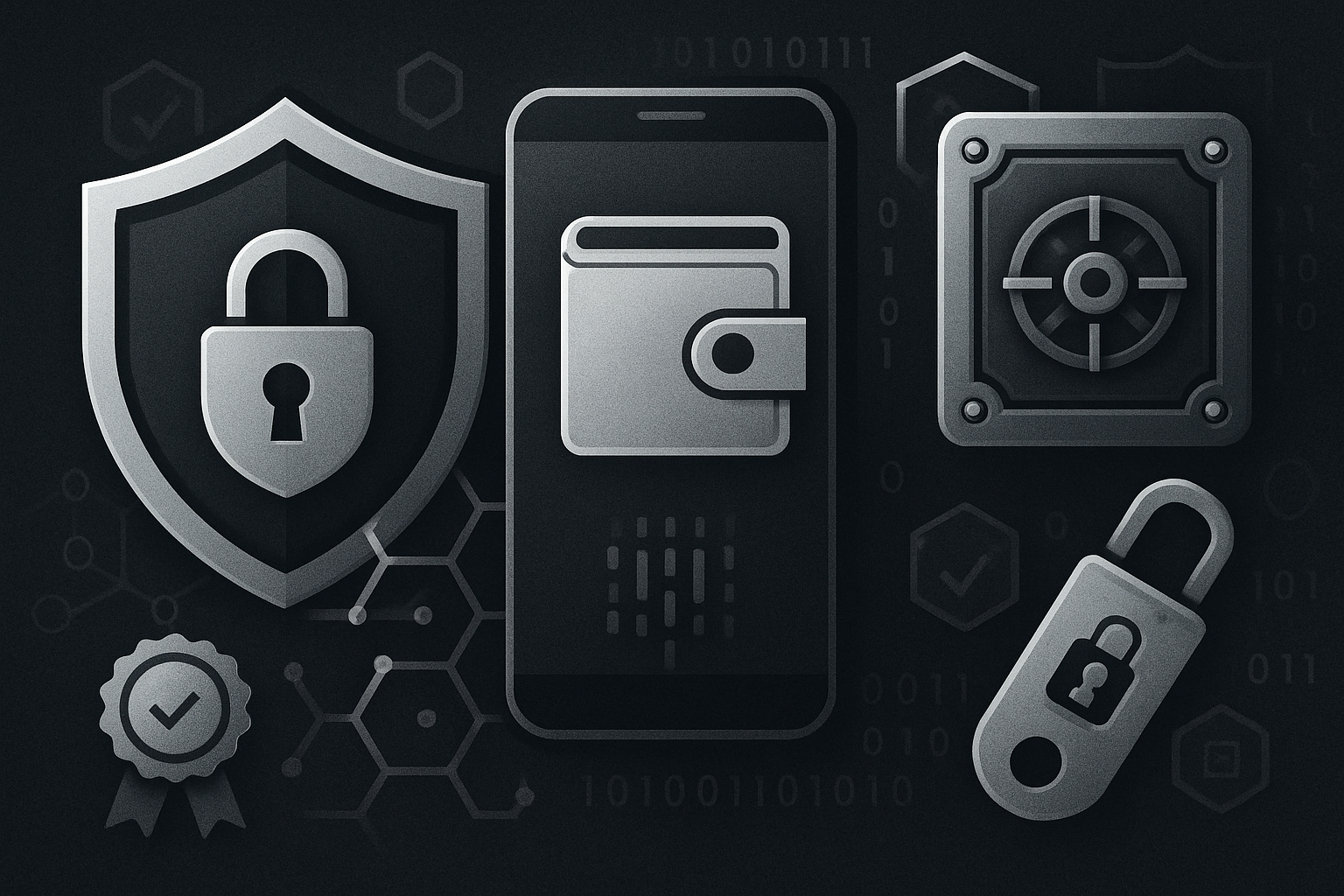
In the evolving landscape of Web3, self-sovereign identity wallets are redefining what it means to own and control personal data online. Unlike traditional digital identity systems, which rely on centralized authorities to manage and verify user credentials, self-sovereign identity (SSI) models return agency directly to individuals. This paradigm shift is not only technical but also philosophical, placing privacy, autonomy, and interoperability at the core of digital interactions.
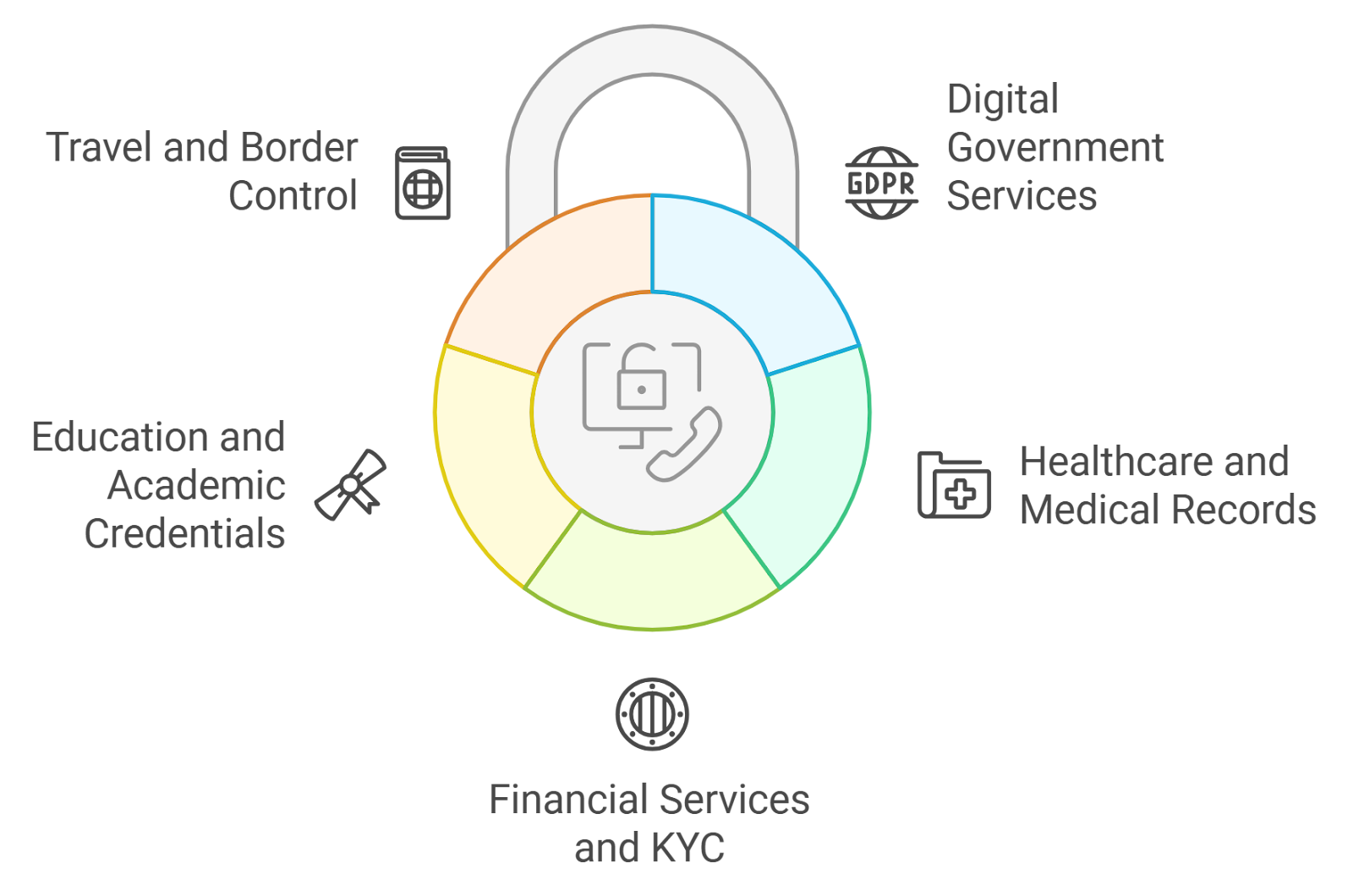
The Core Architecture: How SSI Wallets Enable Data Ownership
At the heart of SSI wallets are several foundational technologies:
- Decentralized Identifiers (DIDs): These are unique, blockchain-based identifiers that replace conventional usernames and passwords. DIDs empower users to create and manage multiple digital identities independently, without reliance on any single authority.
- Verifiable Credentials (VCs): VCs are digitally signed attestations issued by trusted entities such as universities or government agencies. They allow users to prove specific facts, like age or professional qualifications, without exposing unnecessary personal information.
- Blockchain and Distributed Ledgers: Immutable ledgers serve as the backbone for storing proofs of identity claims. By verifying credentials on-chain without revealing underlying data, these systems ensure both integrity and confidentiality.
- Zero-Knowledge Proofs (ZKPs): ZKPs enable users to demonstrate possession of certain attributes (such as being over 18) without disclosing the attribute itself. This cryptographic technique is vital for privacy-preserving authentication in Web3 environments.
User Empowerment: Privacy, Consent, and Interoperability
The advantages of decentralized identity wallets extend far beyond security enhancements. By design, SSI solutions allow users to share only the minimum required data for any given transaction. This principle of data minimization significantly reduces exposure to breaches and misuse, a stark contrast to legacy platforms that often demand full access to sensitive information.
User ownership is another defining feature. Individuals retain full control over their digital credentials and can selectively disclose information based on context or necessity. For instance, a user may prove eligibility for a service by presenting a verifiable credential instead of sharing an entire government-issued ID document.
This approach also fosters interoperability. SSI standards are inherently chain-agnostic and sector-neutral, facilitating seamless interactions across diverse platforms, whether in finance, healthcare, education, or emerging metaverse applications.
Real-World Impact: Applications Across Industries
The practical applications of self-sovereign identity wallets are already evident across multiple sectors:
- Financial Services: Streamlined Know Your Customer (KYC) processes allow individuals to verify their identities using VCs while maintaining privacy, a significant leap forward in compliance efficiency and user experience.
- Healthcare: Patients can securely store medical records in their SSI wallets and grant access only when needed, ensuring both confidentiality and consent-based sharing with providers or insurers.
- Education: Universities now issue tamper-proof degrees as verifiable credentials held within student wallets, simplifying verification for employers while reducing fraud risks.
- Metaverse and Gaming: Persistent identities enable users to carry achievements and reputation across virtual worlds without platform lock-in or data silos.
- E-Government Services: Digital IDs powered by SSI give citizens secure access to public services without exposing them to centralized vulnerabilities.
This movement toward decentralized identity management aligns closely with global regulatory trends emphasizing data protection and individual rights. By leveraging tools like zero-knowledge proofs alongside robust consent frameworks, SSI wallets offer a future-proof solution that meets both user expectations and compliance demands.
As adoption accelerates, self-sovereign identity wallets are positioned to become the cornerstone of digital trust in Web3. Their chain-agnostic architecture means credentials and identifiers can be used across multiple blockchains and service providers, eliminating vendor lock-in and enabling a truly user-centric ecosystem. This flexibility is especially crucial as the boundaries between traditional sectors and decentralized platforms continue to blur.
Top SSI Wallets, Use Cases & Privacy Benefits in Web3
-
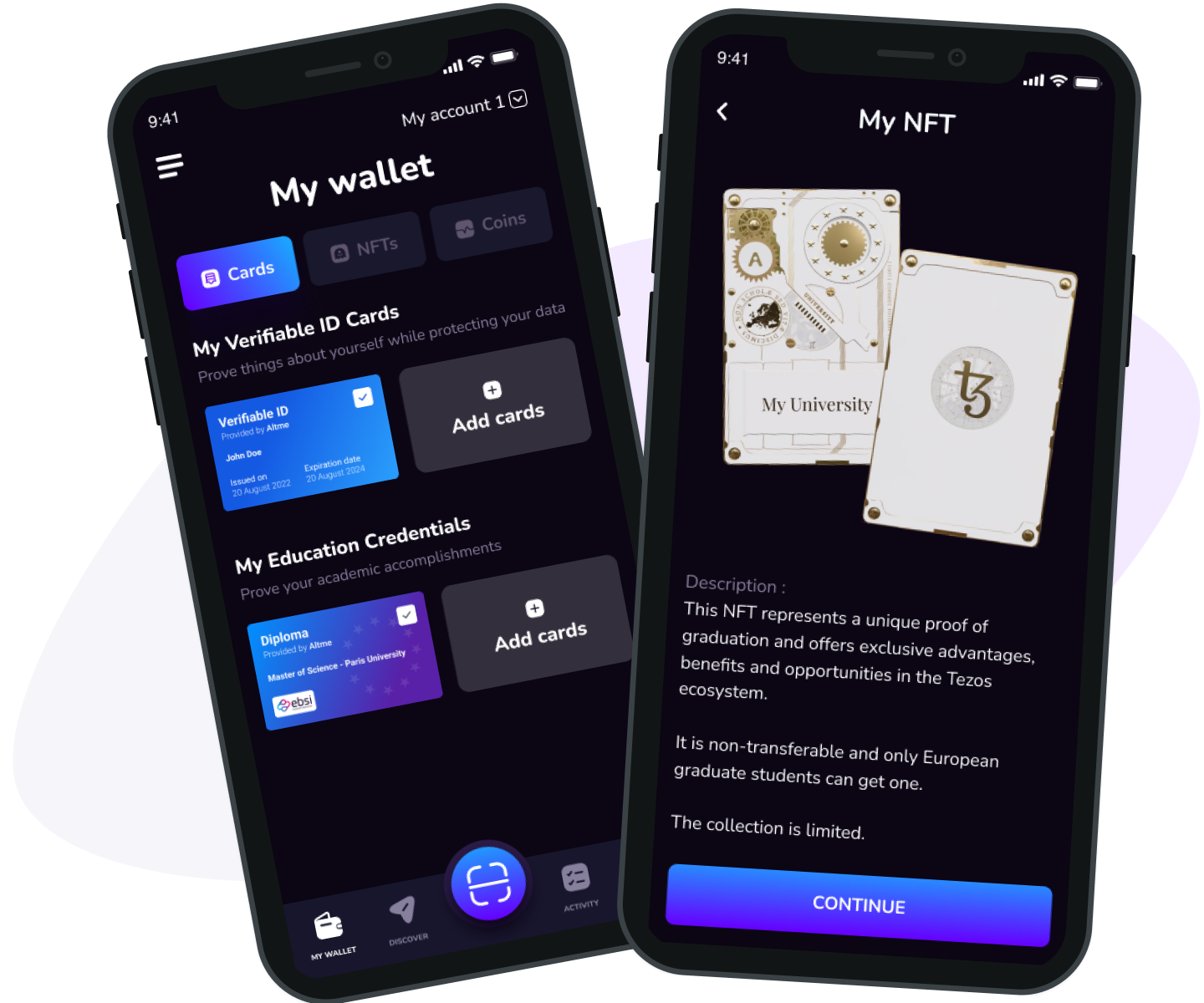
Altme Wallet: A leading non-custodial SSI wallet enabling users to manage decentralized identifiers (DIDs) and verifiable credentials. Altme emphasizes privacy-preserving identity verification and consent-based data sharing, empowering users with full control over their digital identities.
-
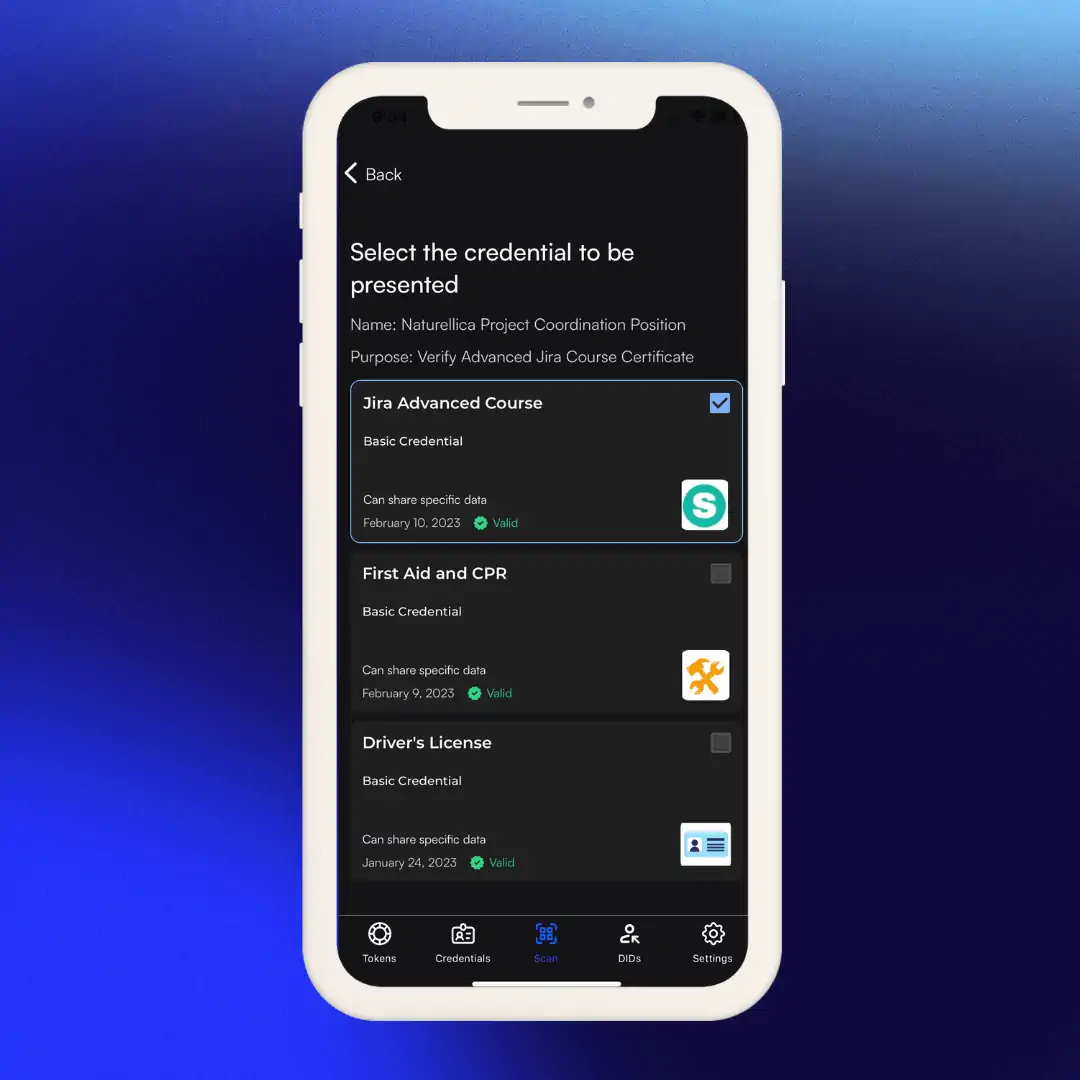
Dock Wallet: Built by Dock Labs, this wallet allows users to store, manage, and present verifiable credentials securely. Dock Wallet supports W3C-compliant DIDs and enables seamless interoperability for digital identity across platforms.
-
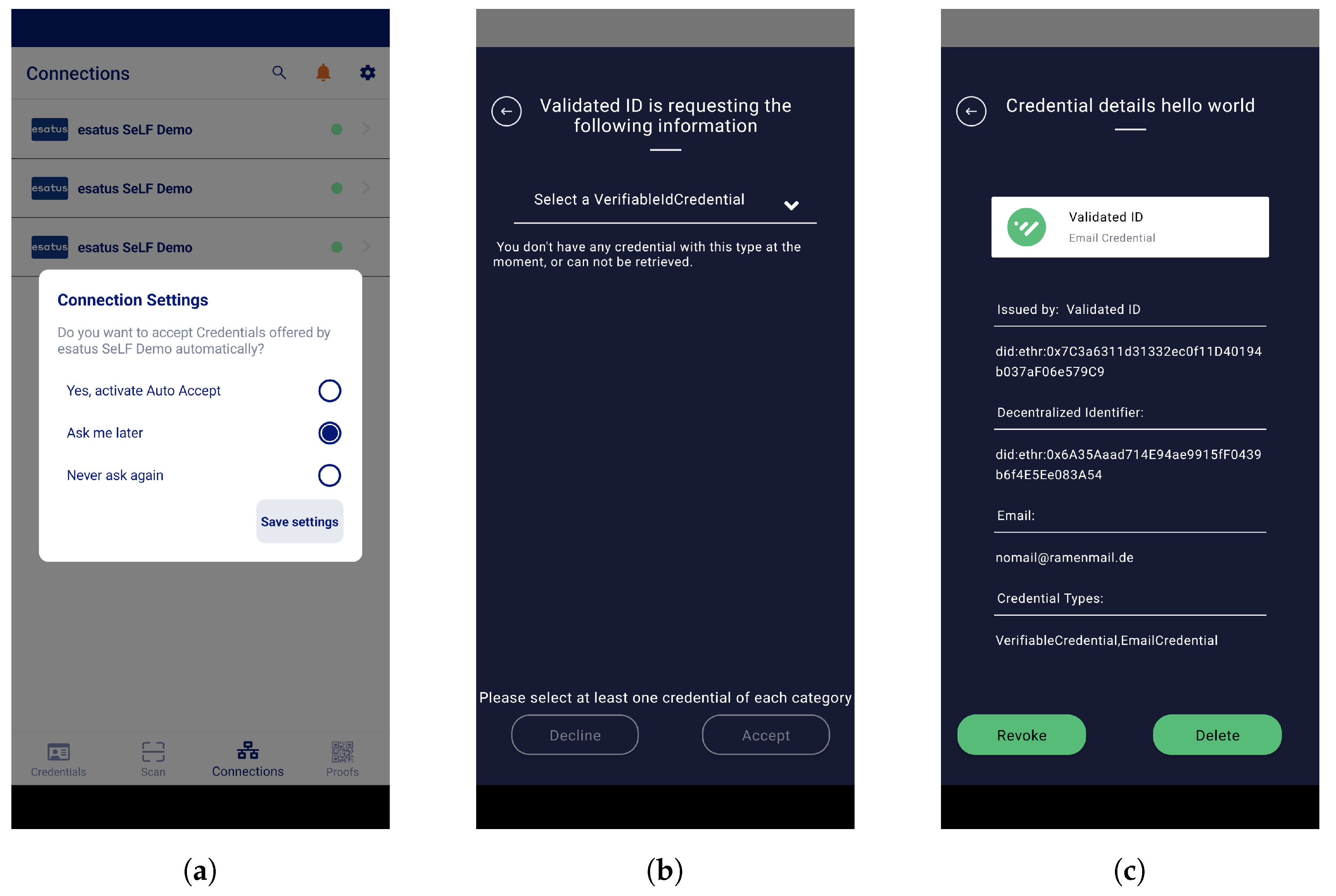
Gataca Wallet: A widely adopted SSI wallet providing users with secure storage for digital credentials and streamlined KYC processes. Gataca Wallet is used in sectors like finance and education for trusted identity verification.
-
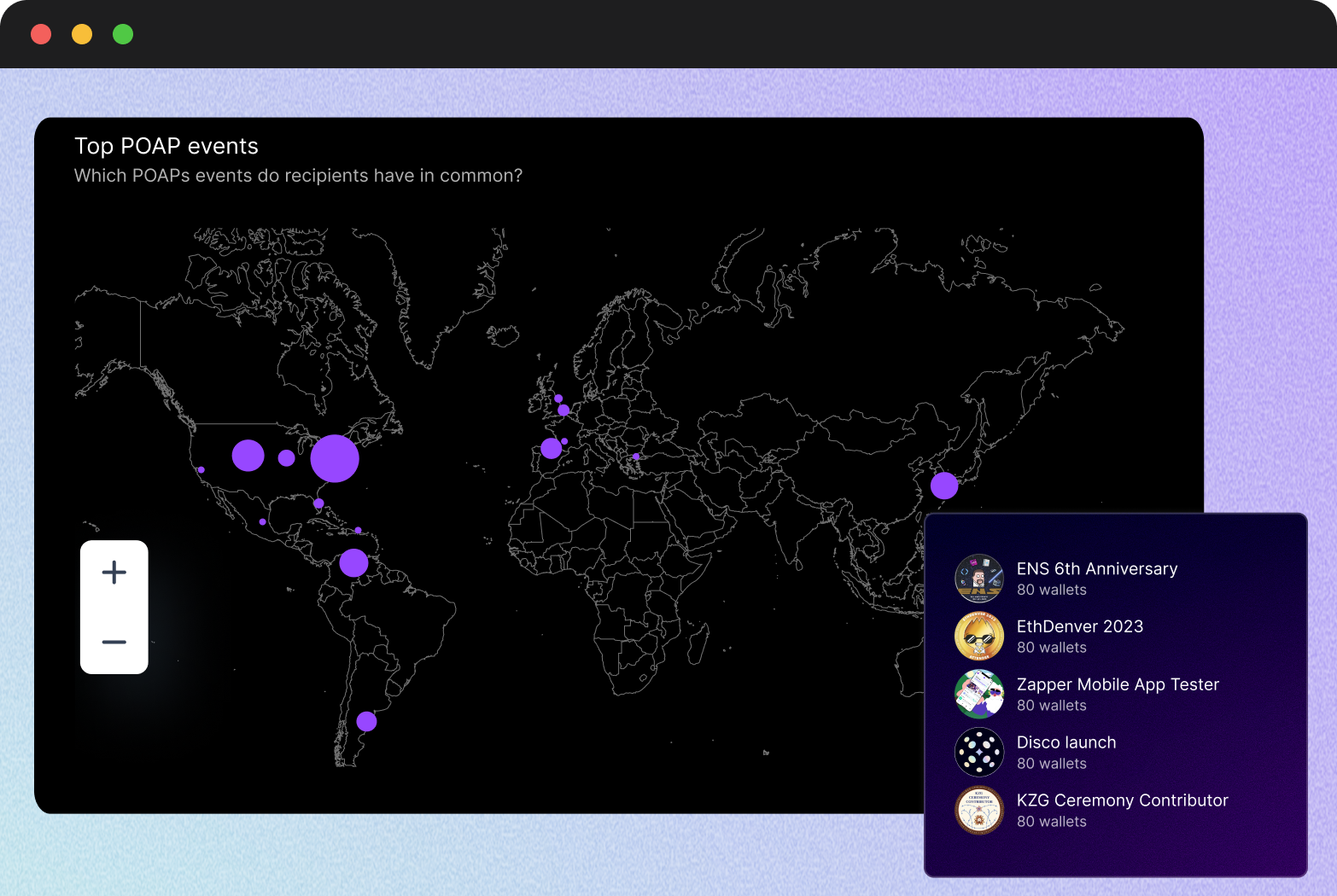
Disco: A chain-agnostic decentralized identity tool that leverages DIDs and verifiable credentials. Disco enables users to manage and share attestations across multiple blockchains, enhancing privacy and interoperability in Web3.
-
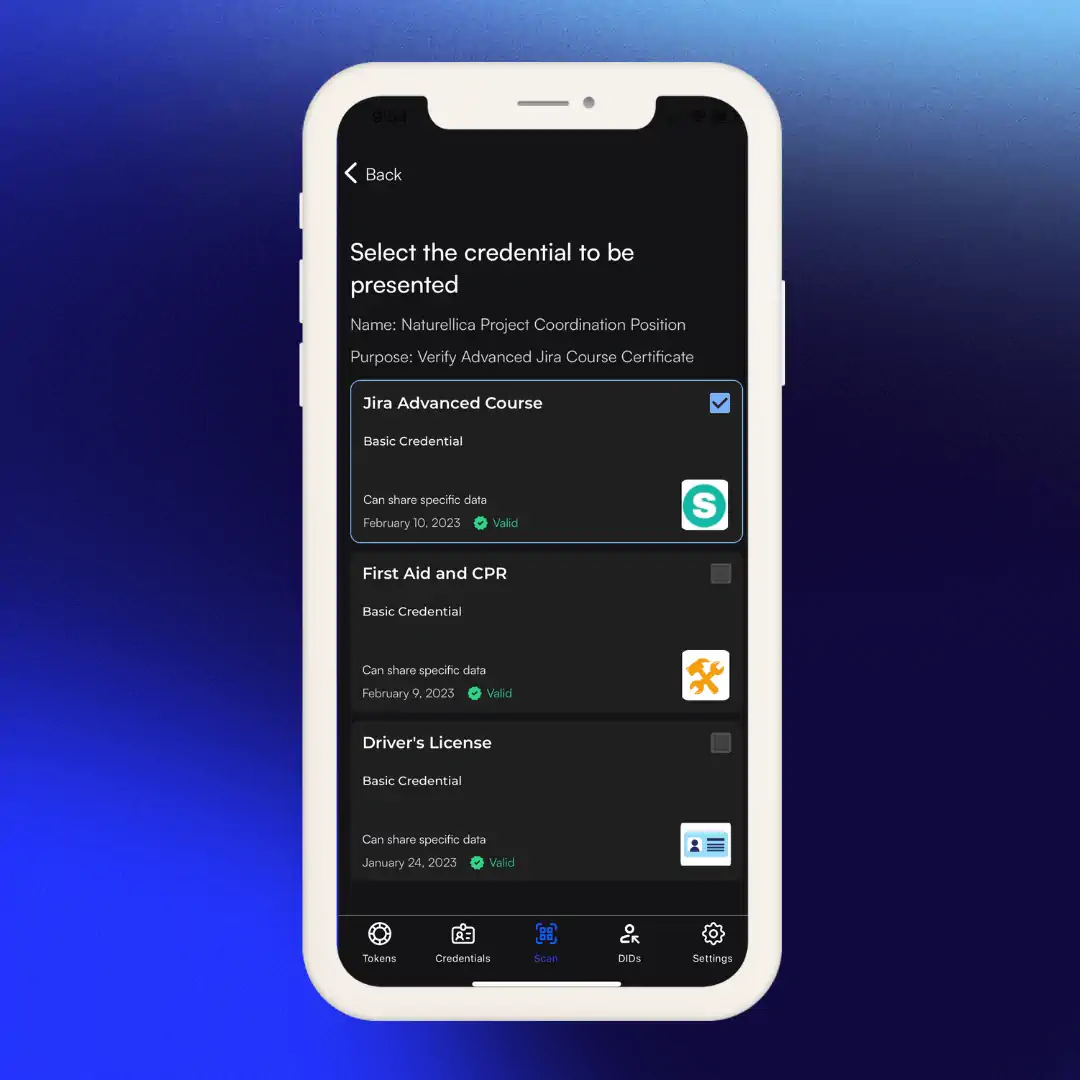
Financial Services Use Case: SSI wallets enable instant KYC/AML compliance by allowing users to share only necessary credentials with banks and exchanges, reducing onboarding time and enhancing privacy.
-

Healthcare Use Case: Patients use SSI wallets to securely share medical records with hospitals and insurers, ensuring data confidentiality and consent-driven access.
-

Education Use Case: Universities issue verifiable degrees and certificates to students’ SSI wallets, simplifying employer verification and reducing fraud.
-

Privacy Benefit: Zero-Knowledge Proofs (ZKPs): SSI wallets utilize ZKPs to let users prove identity attributes—such as age or residency—without revealing sensitive data, maximizing privacy.
-

Privacy Benefit: User Data Ownership: SSI wallets give individuals full control over personal data, allowing selective sharing and minimizing exposure to breaches or misuse.
-
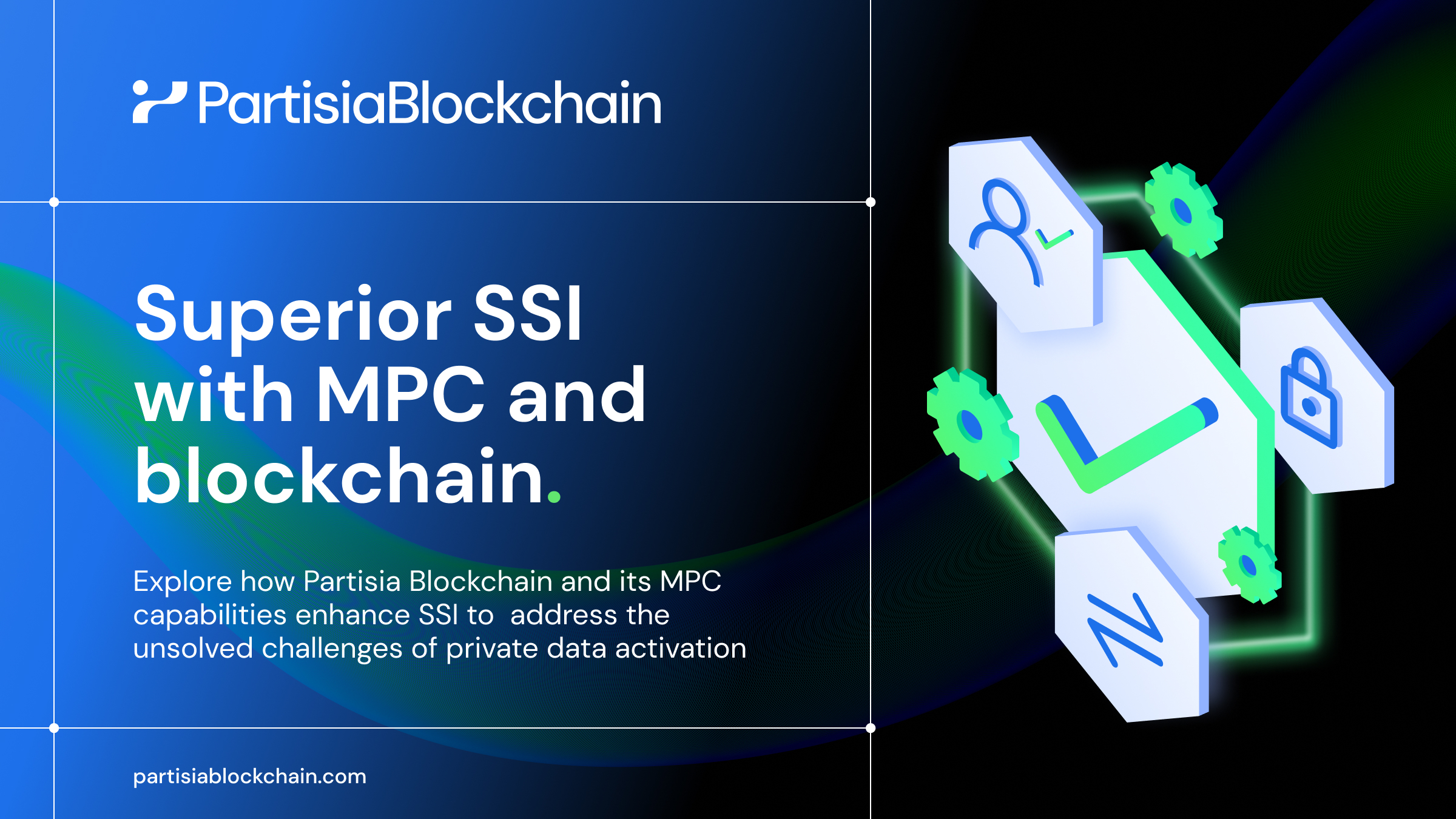
Privacy Benefit: Regulatory Compliance: By supporting consent-based data sharing and auditability, SSI wallets help users and organizations meet global privacy regulations like GDPR.
Industry leaders are rapidly integrating SSI principles into their offerings. For example, decentralized finance (DeFi) protocols now utilize verifiable credentials for permissioned access without compromising anonymity. Healthcare providers are piloting consent-driven data exchanges, while educational institutions issue digital diplomas that graduates can instantly share with employers worldwide. Even governments are piloting digital ID programs founded on decentralized identifiers and verifiable credentials.
The impact of these innovations extends beyond individual empowerment. Organizations benefit from reduced compliance overheads, streamlined onboarding processes, and improved fraud prevention. The ability to verify user claims instantly, without storing or processing sensitive data, represents a paradigm shift in risk management and operational efficiency.
Challenges Ahead: Adoption, Usability, and Trust
Despite the transformative potential of SSI wallets, several challenges remain on the path to mainstream adoption. User experience is paramount; intuitive interfaces must abstract away technical complexities such as DIDs or zero-knowledge proofs so that everyday users can confidently manage their identities. Interoperability standards are still evolving, requiring ongoing collaboration among developers, regulators, and industry consortia to ensure seamless cross-platform functionality.
Trust frameworks also need further development. While cryptography provides strong guarantees around data integrity and privacy, widespread acceptance hinges on clear governance models for credential issuers and robust mechanisms for dispute resolution. Regulatory clarity will be essential as well, particularly concerning anti-money laundering (AML), Know Your Customer (KYC), and data protection obligations in different jurisdictions.
Looking Forward: A New Paradigm for Digital Identity
The momentum behind decentralized identity wallets signals a fundamental rebalancing of power in digital ecosystems. By giving users full control over their personal information, and equipping them with cryptographic tools to prove claims without revealing unnecessary details, SSI wallets address long-standing vulnerabilities inherent in centralized models.
This transformation is not merely technological but also cultural: it invites individuals to reclaim agency over their digital selves while demanding higher standards of transparency from organizations collecting or verifying identity data. As interoperability matures and regulatory alignment strengthens globally, the promise of SSI data ownership will increasingly define how we interact online, from opening bank accounts to accessing healthcare or participating in virtual worlds.
The journey toward self-sovereign identity is ongoing but irreversible; those who embrace its principles today will shape the trusted networks of tomorrow’s Web3 economy.







